The Dandadan manga has always had plenty of pop-culture references and Easter Eggs for eager fans to discover, but with the release of its anime adaptation, animation studio Science Saru wasn’t reluctant to turn the shenanigans up a notch. However, the decision to parody a song from one of Japan’s most famous rock bands ended up causing a wave of divided opinions – which has turned into a conversation about copyright in Japanese media. One celebrity lawyer suggests that Japanese manga authors will have to change their ways if they want their work to succeed in the West – bringing up Dandadan’s recent controversy as an example of “what could go wrong.” Japanese anime fans, on the other hand, aren’t eager to accept this view.
In an official statement posted on August 22, the team behind the Dandadan anime adaptation apologized to musician Yoshiki for one of the anime’s recent episodes featuring a song that is a direct parody of a track by his band X JAPAN, without prior consultation with the original creator(s). Specifically, “Hunting Soul,” a song by the fictional band HAYASii appearing in the 6th episode of the anime’s second season, has been said to very closely resemble X JAPAN’s hit track Kurenai (1989).
Furthermore, the name of the fictional band directly parodied Yoshiki’s last name, Hayashi. Following the episode’s airing, Yoshiki’s series of now deleted X posts pointing out that the parody was not communicated to him beforehand started a wave of divided opinions among fans, both domestic and international. While some people sided with the musician, many argued that parody is fair use and should not be subject to legal scrutiny.
As the already widespread controversy was about to mellow out, a Japanese celebrity lawyer shared his opinion on the matter, suggesting that there is another core problem lying beneath the controversy. In an X thread, Masaki Kito, who specializes in consumer affairs and has notably worked with Yoshiki in the past, heavily criticized the Dandadan anime, proposing that the Japanese manga industry as a whole needs to change to prevent incidents like these from happening – especially when expanding to the global market.
“When it comes to Dandadan, there’s also been dispute about the name of the main character. I believe we need to take a step back and start approaching manga creation in accordance with global [copyright] standards,” Kito said in his X post. “It will be necessary to take those steps if we want anime and manga to go global.” In another one of his posts on the same topic, he stated: “In order for Japanese manga to further expand globally, we need to be wary of different countries’ laws and customs in advance, like Hollywood does it.”
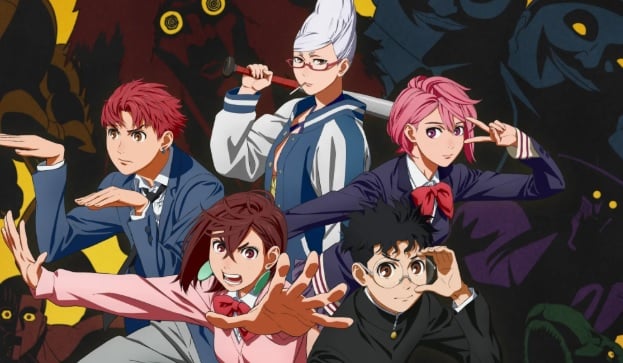
One of the earliest gags introduced in Dandadan is protagonist Okarun’s full name being Ken Takakura – which is also the name of a famous Japanese actor and singer. The manga does not attempt to shy away from the fact that Okarun’s name and (partly) character are based on the late actor. Kito implied that the gag was incomprehensible to the Western audience, on top of other parodies and homages in Dadadan that could cause potential legal problems in Japan. Furthermore, he suggests that creators should avoid making moves that could potentially be infringing on not just domestic, but worldwide copyright laws, and aim for their works to be more aware of the overseas audience.

On the other hand, many Japanese X users seem to disagree with Kito’s posts, calling his reasonings “vague” and the criteria for “worldwide standards” unclear. “The Dandadan and Yoshiki controversy is just a copyright infringement problem, yet people are trying to bring up ‘global creative standards’ in order to regulate anime and manga in a way that suits their own interests,” another user commented. “If Dandadan was this big of a problem for Mr. Kito, Gintama would probably be subject to book burning by his standards,” a user joked.
As some have already pointed out, the talking points in the Dandadan discussion seem to have, whether purposely or unintentionally, been muddled up a bit. While copyright is a matter of law and simply must be considered if you want to avoid a lawsuit when localizing your work for other regions (like how Jojo’s Bizarre Adventure changes Stand names like “King Crimson” to “Emperor Crimson” in its English localization), using cultural references unknown to audiences outside of Japan is a matter of creative choice and appears unrelated to legal issues. Given Dandadan’s popularity in the West, it hardly seems like the series has been harmed by its obscure references, and the countless YouTube videos dedicated to compiling and explaining Dandadan’s cultural Easter Eggs only appear to have contributed to the series’ popularity.

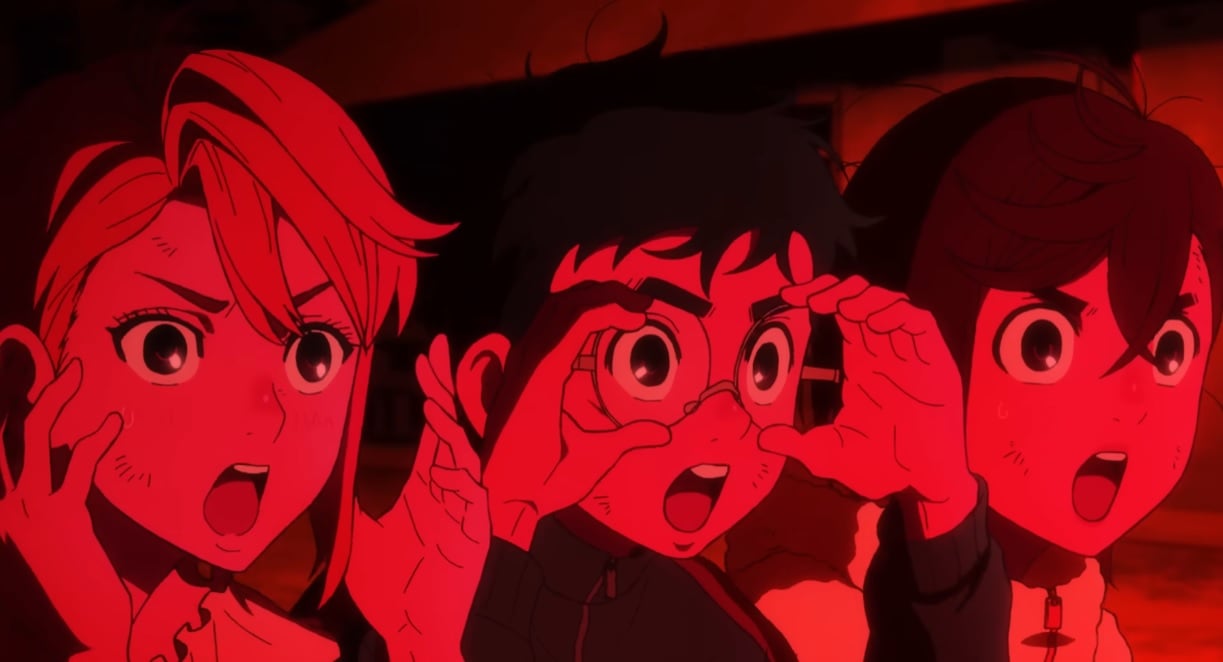

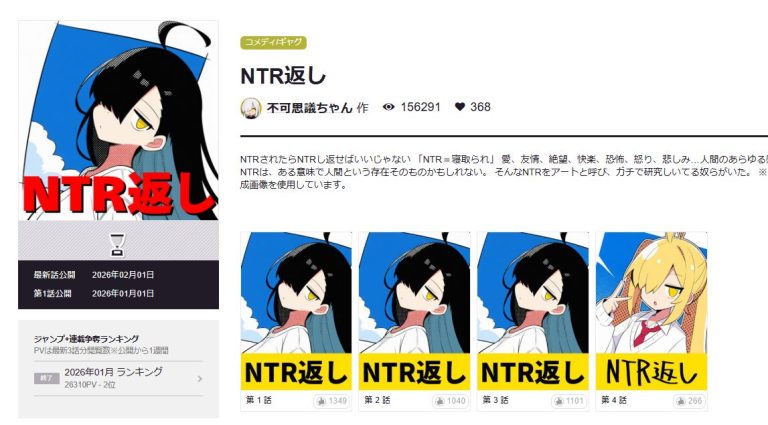
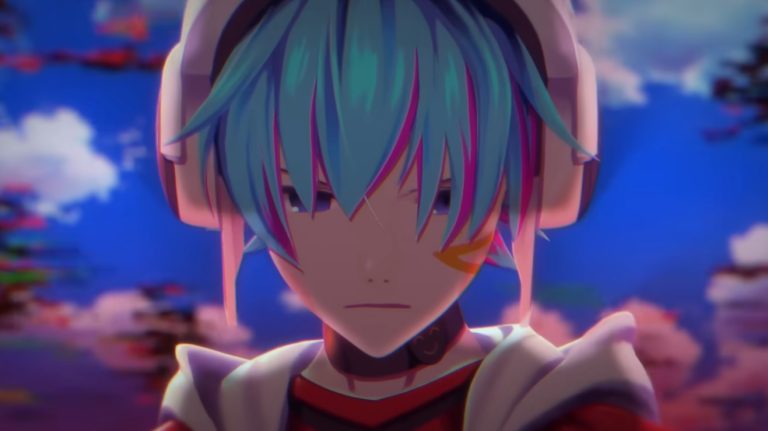
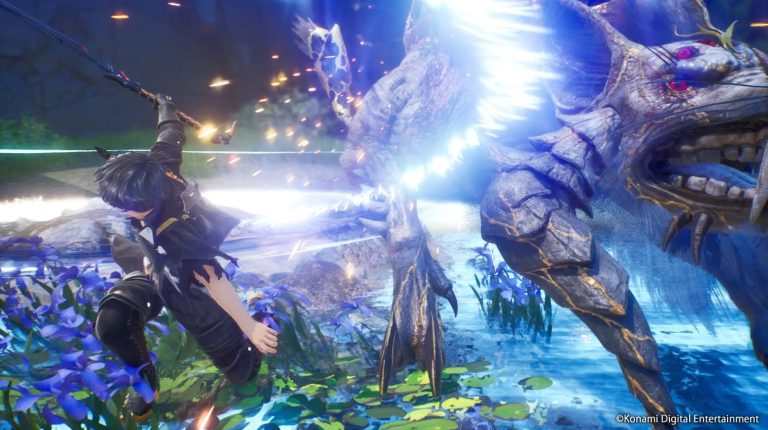
no! it should not be made under global standards. it would be very boring. “global standards” is a code word for blandification and lowest denominator.
Wtf is this Mr. Kito going on about?
The bigger copyright problem is that there’s no exception for parody, unlike in the US. Without that, shows like The Simpsons and games like GTA would be worse off for it.